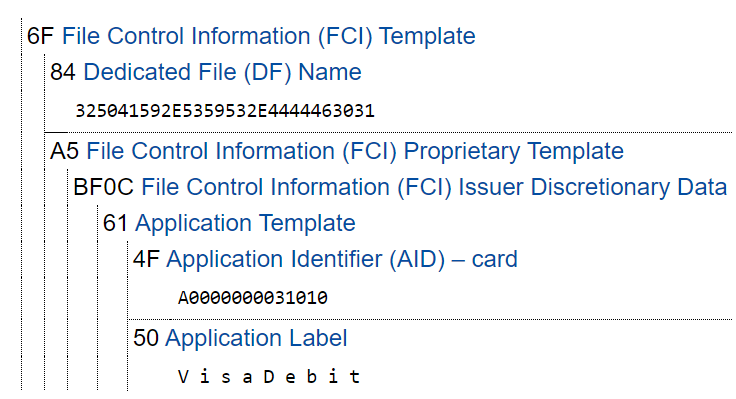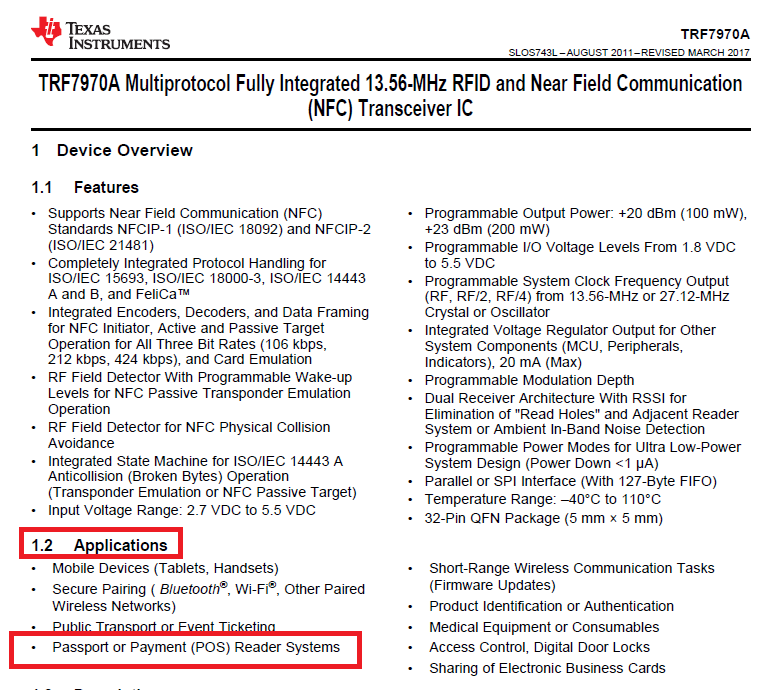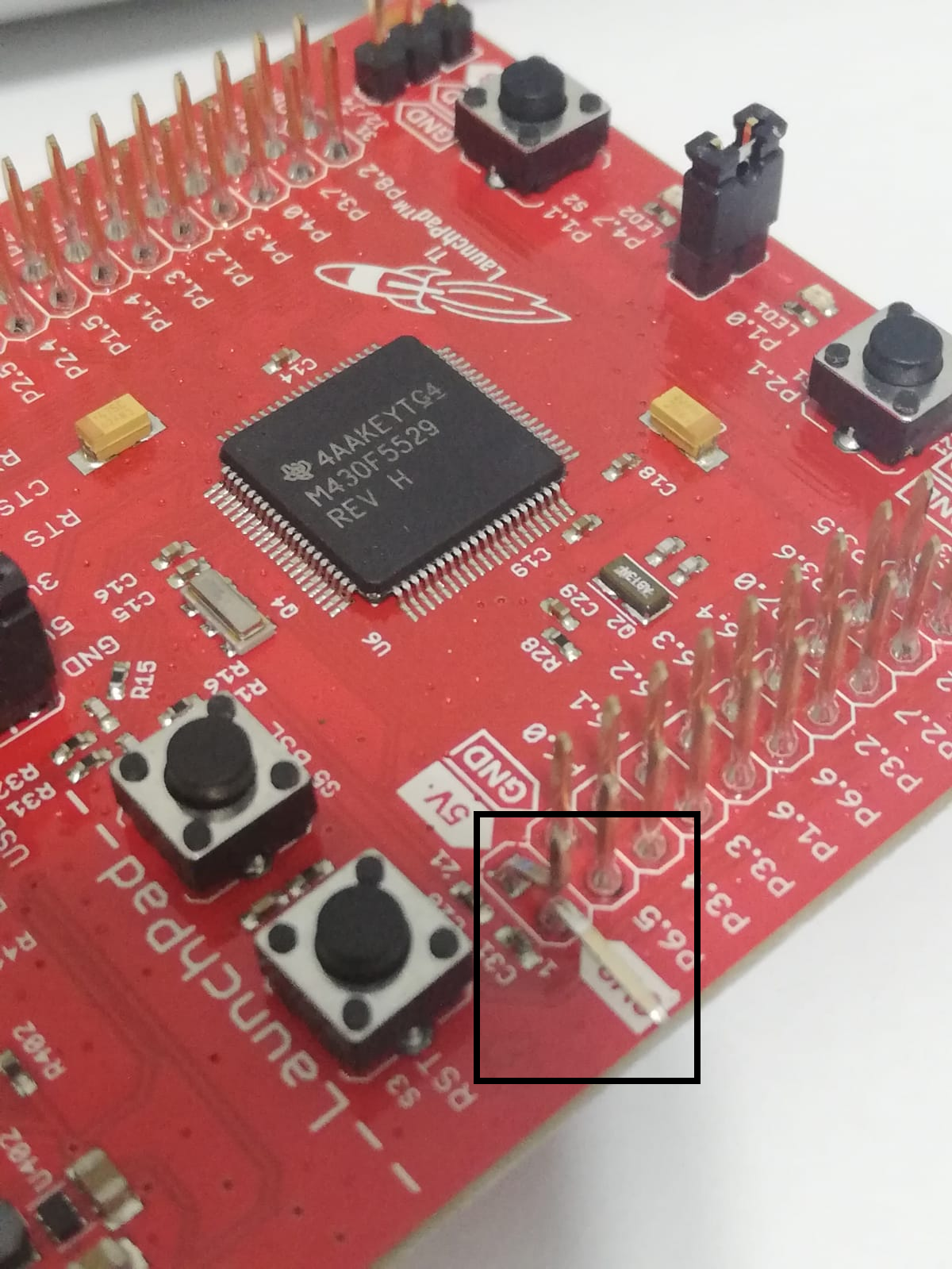Other Parts Discussed in Thread: TRF7970A,
Tool/software: Code Composer Studio
I am driving DLP7970 over SPI with tm4c123. I am trying to read the card number and expiration date. T0 type smart cards are generally not a problem, but on T1 cards, they usually only read as mifare. What is the reason for this error? Why can I only read mifare information on some cards?





